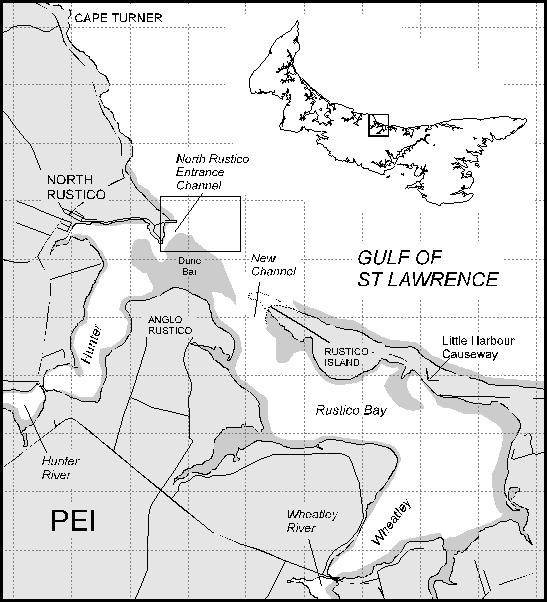I came across an interesting case on defamation and the internet today in a newsletter passed around the office. On 4 June 2004, the Ontario Court of Appeal ruled in the case Barrick Gold Corp. v. Lopehandia, the key facts of which are set out in paragraph 12:
Mr. Lopehandia embarked upon an Internet campaign by posting a blizzard of messages on “bulletin boards” or “message boards” on various Internet web sites. The web sites in question are dedicated to providing information to those interested in the gold mining industry, including those interested in investing in the stocks of gold or gold-industry companies. Some of the web sites are dedicated to discussions concerning Barrick specifically. The web sites include www.lycos.com (in the financial markets message board sections dedicated to Barrick and another company, Durban Roodeport Deep Limited (“Durban Deep”)); www.yahoo.com and www.yahoo.ca (in the financial markets message board section dedicated to Barrick); www.siliconinvestor.com; www.theminingweb.com; and www.miningindia.com.
Cut to the chase and the internet slagger was ordered to pay to the internet slaggee $75,000 CDN in general damages and $50,000 CDN in punative damages. In support of that award, the Court of Appeal found at paragraphs 75 and 76 that:
Mr. Lopehandia is ordinarily resident in British Columbia, but there is no way to determine from where his postings originate. They could as easily be initiated in an Internet café in downtown Toronto or anywhere else in the world, as in his offices in Vancouver. Given the manner in which the Internet works, it is not possible to know whether the posting of one of Mr. Lopehandia’s messages on one of the bulletin boards in question, or the receipt of that message by someone accessing the bulletin board, traveled by way of a server in Ontario to or from the message board. It may have, however. The highly transmissible nature of the tortious misconduct at issue here is a factor to be addressed in considering whether a permanent injunction should be granted. The courts are faced with a dilemma. On the one hand, they can throw up their collective hands in despair, taking the view that enforcement against such ephemeral transmissions around the world is ineffective, and concluding therefore that only the jurisdiction where the originator of the communication may happen to be found can enjoin the offending conduct. On the other hand, they can at least protect against the impugned conduct re-occurring in their own jurisdiction. In this respect, I agree with the following observation of Kirby J. in Dow Jones, at para. 115:
Any suggestion that there can be no effective remedy for the tort of defamation (or other civil wrongs) committed by the use of the Internet (or that such wrongs must simply be tolerated as the price to be paid for the advantages of the medium) is self-evidently unacceptable.
…The posting of messages on that board constitutes at least an act done by the defendant that affects Barrick’s reputation, goodwill, and personal property in Ontario, and arguably constitutes an act done by him in Ontario. The courts in Ontario must have jurisdiction to restrain such conduct.
Common sense and an innovation that only a Court could provide. Based on the technological obscurity, the Court chose certainty. Beware my fellow Pajamistanians of the pitfalls of defamatory internet discussion in Canada.

